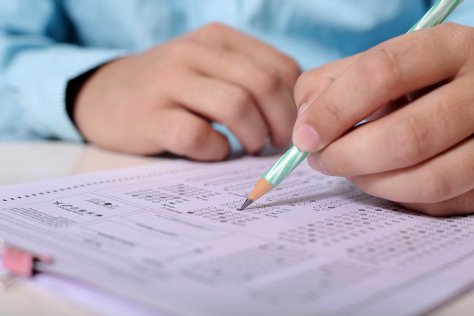A shorter week as I was on leave for a couple of days.
Over the weekend I published the thinking and an expanded textual version of my presentation to the University of Hertfordshire, where I talked about the possibilities of technology, and the ethical, privacy and legal aspects of said technology.
Monday saw my end of year review meeting. These weeknotes have been useful in remembering what I have been doing and where. Blogging not just weeknotes, but also about events I have attended or presented at also helps in preparing for these kinds of things. Even if you don’t publish them as I do, maintaining some kind of record over the year helps with preparation for reviews.

I am working with colleagues on the Learning and Teaching Reimagined project. We are looking at undertaking various activities, as well as publishing some definitive guides for leaders in relevant areas.
One of the key aspects, which we are ensuring is recognising that though the technological challenges and issues do need to be addressed and resolved, one of the core issues is looking at the pedagogy in using technology to deliver learning and teaching, remotely and online. As demonstrated with my series on translation, it is often easier to translate existing physical face to face practice into online version, but this loses the nuances of that physical delivery, whilst ignoring the affordances that online and digital can provide.

I found this opinion article on the Guardian on facial recognition interesting and relevant.
As students sit their exams during the pandemic, universities have turned to digital proctoring services. They range from human monitoring via webcams to remote access software enabling the takeover of a student’s browser. Others use artificial intelligence (AI) to flag body language and background noise that might point to cheating.
In my work on assessment I did research and look at digital proctoring. Most universities realised that the technology, despite the protestations of the companies involved, was unfair and could negatively impact on wellbeing. There were also concerns about the validity of such proctoring. Universities have also recognised that not every student was in a space, have the connection or the right kind of device to enable them to participate in said remote exams.
I wrote up my thoughts in this blog post.
Someone shared this excellent XKCD comic on the Twitter.
XKCD have a wonderful perspective of some of the key issues of the day and this diagram looking at the risks of Covid-19 along with risks of non-Covid-19 activities did raise a smile in me.
My top tweet this week was this one.
Good morning Twitterverse pic.twitter.com/ShZeU1OePC
— James Clay (@jamesclay) July 23, 2020



